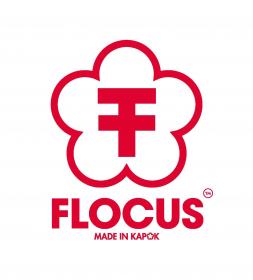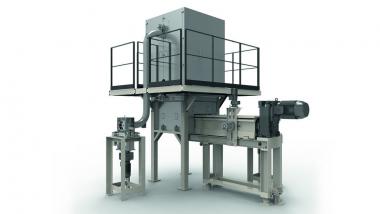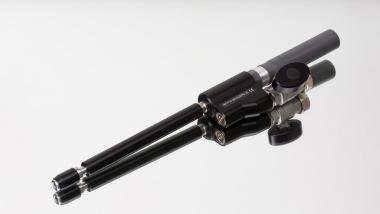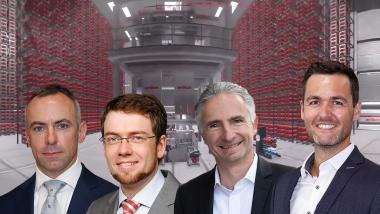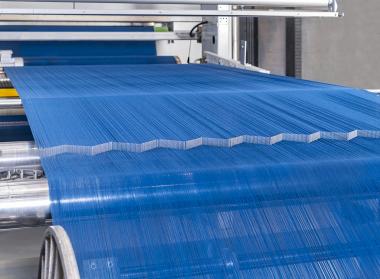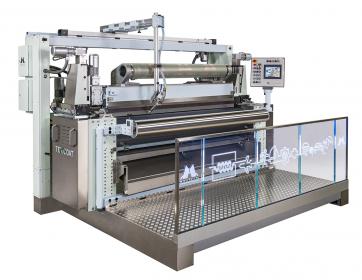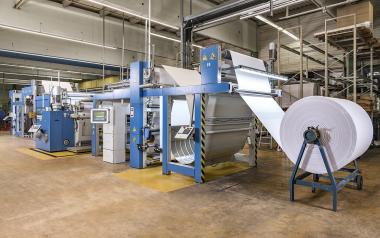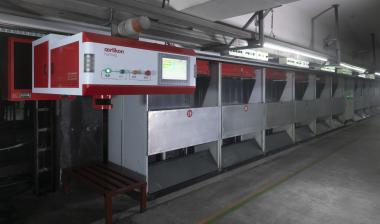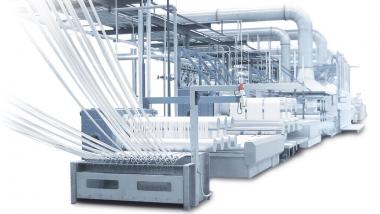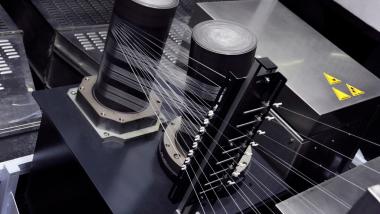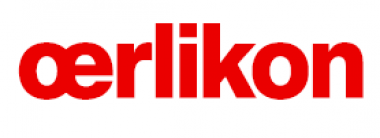Flocus™ produces and enhances Kapok Fibers
Flocus™ offers a range of kapok textile materials such as fibers, yarns, textiles and nonwovens, which provide the textile industry with a naturally sustainable and regenerative alternative which has not been available before.
Kapok is a natural fiber, traditionally used by local population for fillings but with no large scale applications until Flocus™ founding. Beside kapok several interesting properties, there were some limits that had been inhibiting the possibility to use it at a larger scale and build a supply chain on textile products based on it: kapok fibers are short stapled ones (2-4 cm length), very light and empty inside: for this reason they incorporate air and made the spinning attempts unsuccessful.
Flocus™ pioneers sustainable and regenerative textile solutions based on kapok fiber, and it is creating a responsible supply chain for kapok.
With one of the most advanced technologies in the market, FLOCUS™ can spin the highest kapok percentage, offer yarns in the thinnest counts with the possibility of low minimum order quantity per blend.
Flocus™ Kapok offers products which can reduce the presence of animal and synthetic products in the market, utilizing a completely natural alternative without abandoning functionality.
The Flocus™ team works in partnership with companies who want to investigate the use of the eco-responsible fibers and is testing the wide range of applications of Flocus™ kapok stuffing, yarns, fabrics, nonwovens for thermo and sound insulation, waddings, foam replacement, medical, automotive and technical uses and others.
Flocus


